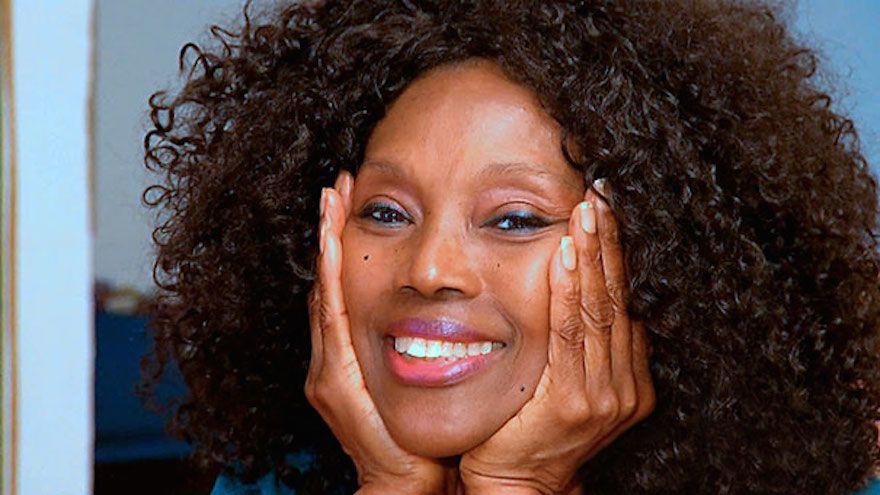You should read "The Longevity Paradox" by Dr, Gundry. He explains in the book that genetics often have little to do with your lifespan. As an example, while in the cashier's line at the grocery store, I often see 250+ lb mothers and dads with lots of fatty meats, potato chips, and soda in their cart. When I look at the 10-14 year-old kids, I see that they, too are overweight/obese.
So if the parents die of heart failure, would the kids be doomed to do the same because of genetics? Nope. People living in the same household, whether they are related or not, tend to have similar health characteristics, good or bad. But in some cases, the children learn about exercise and healthy eating at school, and change their bad habits.
One of my grandmothers lived to be 94, but my mother (her daughter) lived to be 75. Why? My mother smoked for 50 years or more. Genetics had nothing to do with her lifespan.







